On The Relationship Between Discipline and Creative Spiritual Growth
It has taken me years to develop discipline in my creative practice. I’ve always been slow to discipline, and I have passed that on to my kids. Oops.
At its core, I’ve realized, my struggle with discipline is rooted in fear. Not fear of failure or even what others think (though that’s in the mix sometimes), but a fear of success. And not for the reasons you might assume.
In the back of my mind, there’s always a limiter—a voice quietly calculating what I can realistically take on. My creative risks are constantly weighed against health constraints, energy levels, and the demands of raising a family. Success, in its traditional sense, can feel overwhelming, even threatening. So turning down an audition when I think I may get the part, saying no to travel shows out of town, deciding not to submit my work to a festival, all may be things I instinctively avoid. Sometimes to my detriment and other times it is the right decision.
As a result, my creative practice looks slower, more deliberate than most. I’ve had to accept that this isn’t a flaw but a necessity—a rhythm uniquely my own.
My Creative Spiritual Practice
Here’s what my current practice looks like:
1. The Twilight Moment
In the moments between sleep and waking, before the full weight of the day presses in, I let my mind wander. This is a sacred time when my ego hasn’t fully woken up, and the creative mind is freer to roam. I don’t push myself to solve problems or produce anything. I simply allow thoughts to percolate, trusting that something will rise to the surface.
2. Morning Meditation
Every morning, I meditate for 5–10 minutes. It’s a short but non-negotiable ritual. I don’t focus on the length but on the consistency. As of today, I’m on day 1061 of my meditation streak. The streak itself has become a source of quiet pride—a reminder of the power of showing up, day after day, even when it feels small.
3. Writing Streaks
Writing daily is hard. To make it happen, I start by reading in the morning while my kids get ready for school. This fuels my imagination. If something sparks an idea, I’ll open the notes app on my phone and start typing. For some reason, writing with two thumbs on my iPhone feels lighter, less intimidating, like a direct line between my mind and spirit. This tends to extend into the day, and may spark lyrics to a new song, or a scene in a play.
4. Walking and Thinking
Later, I take the dog on a long walk. It’s a moving meditation, a time to let ideas marinate or spark something new. Sometimes I listen to podcasts that nourish me creatively or spiritually. When I’m feeling brave and calm, I let the silence do the work and walk without any input, allowing my mind to wander. It took me years to put this practice into place. I’m glad I did. Because it works.
5. Small, Concrete Goals
When I get home, I eat, drink tea, and sit with a heat pack to calm my body and mind. Then I commit to something concrete—writing, composing, or taking action on a project. I might send an email, set a concert date, or tackle a small task that feels manageable. These little goals add up, turning into something larger over time.
Most of my creative work happens in the morning to midday. By the afternoon, my body and brain are done, giving me four to five good hours of focus. It’s not a lot, but it’s enough.
Discipline as a Spiritual Practice
Discipline often gets a bad reputation in creative circles, as if it stifles spontaneity or limits inspiration. But I’ve found it to be the opposite. Discipline is the foundation of my creative spiritual growth. It creates the container that allows creativity to flow freely.
More than that, discipline has become a way of honoring my deepest self. Every time I show up to meditate, write, or reflect, I’m acknowledging the part of me that longs to create—not for accolades or external validation, but because it’s who I am.
This process isn’t always easy. There are days when fear creeps in, or exhaustion wins, or the work feels impossible. But I remind myself: little, daily efforts build into something meaningful. The discipline of showing up, even imperfectly, is what makes creative growth possible.
Discipline, I’ve learned, isn’t about forcing the work. It’s about creating space for it to unfold. It’s about listening to the rhythms of your life and trusting that even slow, deliberate progress is still progress.
And in that process—between the quiet of meditation, the spark of creativity, and the commitment to try again tomorrow—I’ve found a path that feels sustainable, sacred, and deeply my own.
